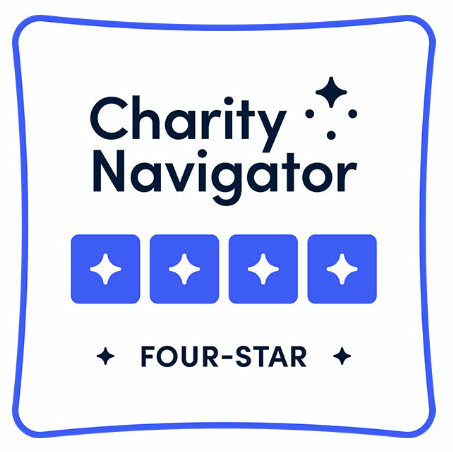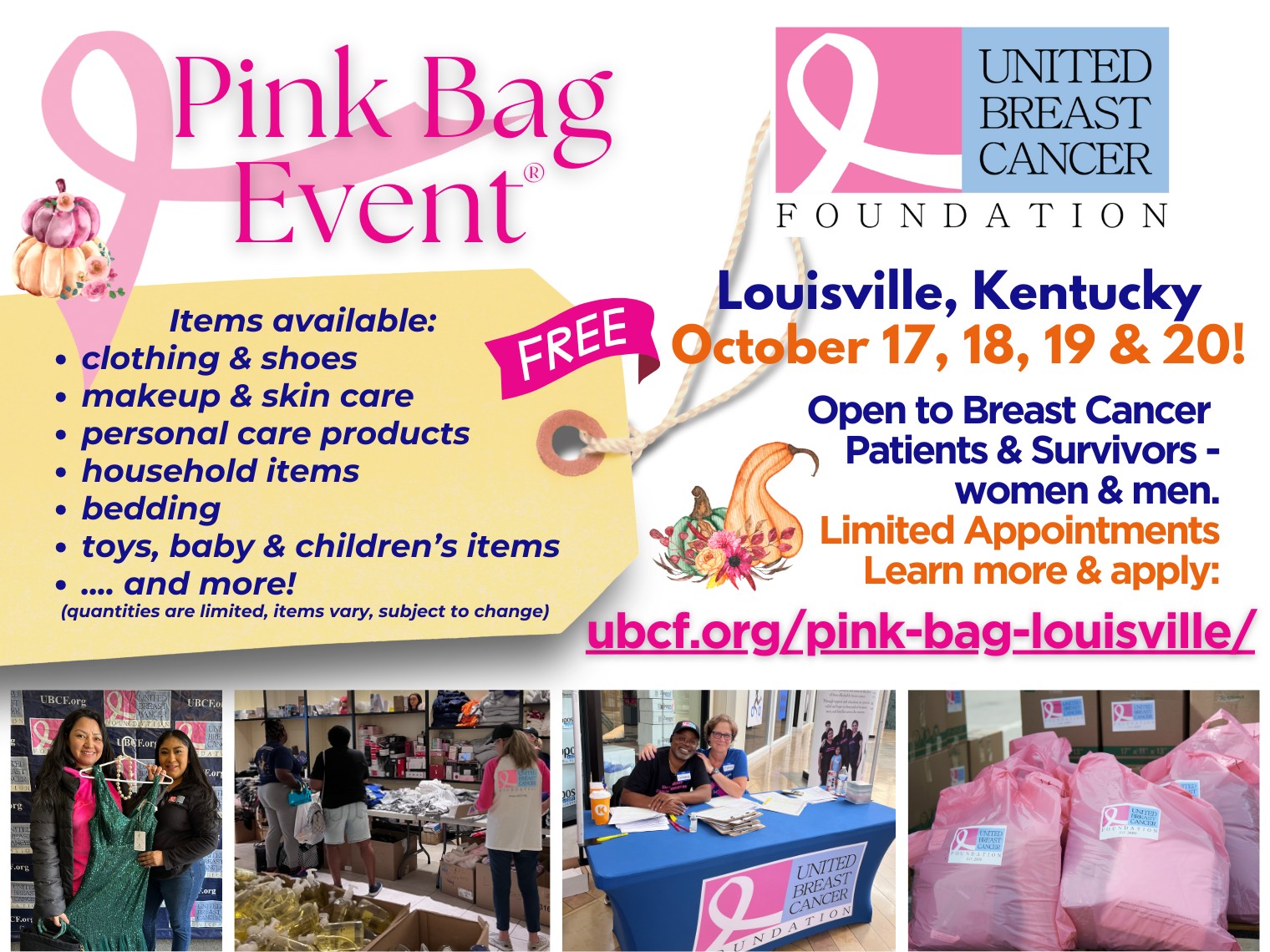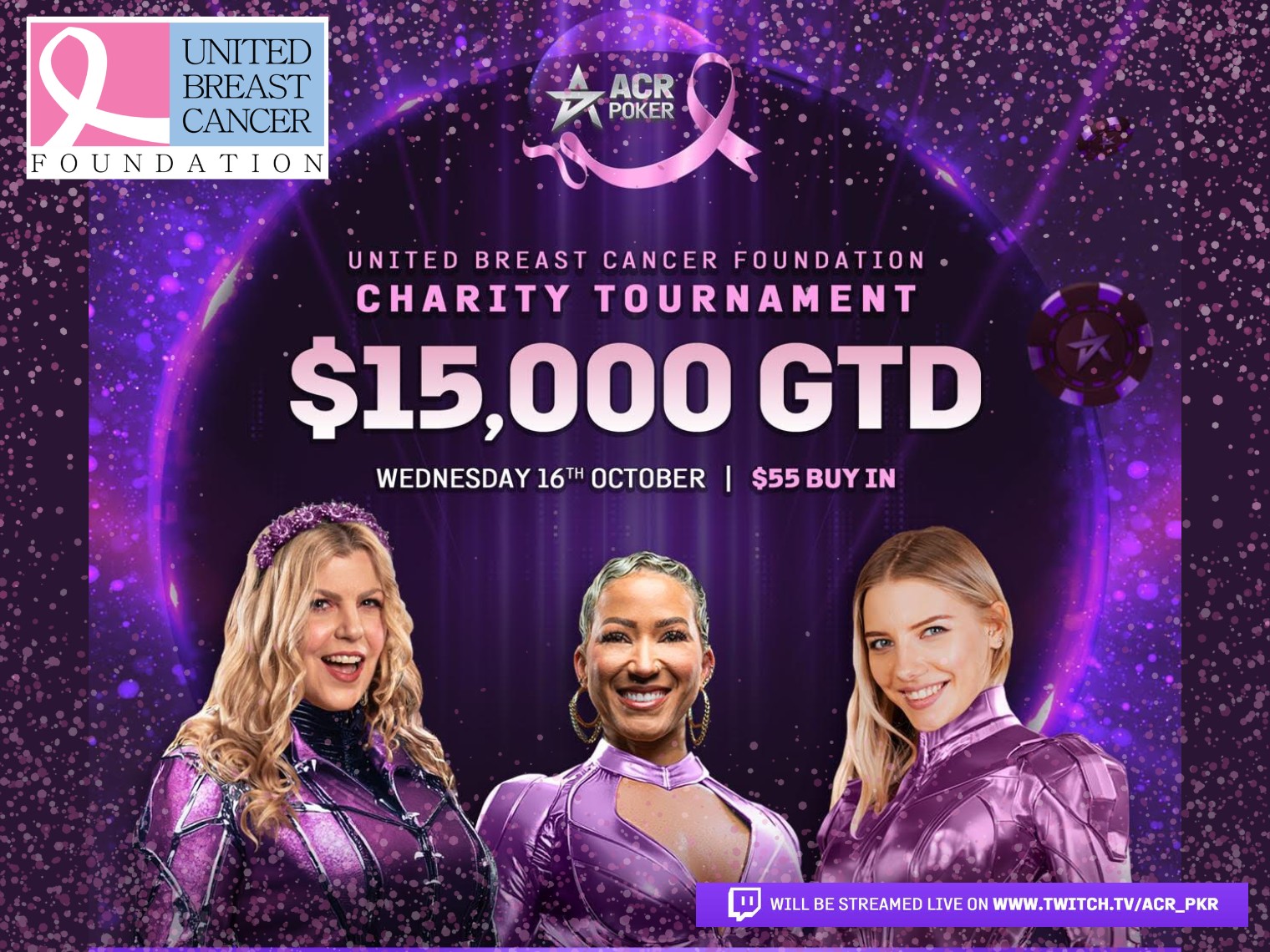As a native of the Finger Lakes region of upstate New York, wine season is an exciting time of year as vineyards produce and people flock to wine tastings. This time of year has positive associations for many as fall sets in, but there may be some bad news on the way for wine—alcohol consumption has been linked to increased cancer risk. Moderate amounts of red wine have been proven to improve heart health and blood pressure, so the question is raised: what are the real health risks of alcohol consumption?
A recent study by Prof. Edward Giovannucci and colleagues at the Harvard T. H. Chan School of Public Health have indicated that even light to moderate drinking daily may increase the risk of cancer for both men and women.
According to the National Institute of Alcohol Abuse and Alcoholism, light to moderate drinking is defined as“up to one drink a day for women and two drinks a day for men.”
Professor Giovannucci’s study also indicates that people who have a family history of breast cancer are even more at risk, and some studies state that alcohol consumption may increase recurrence of breast cancer in those who have already been diagnosed.
Alcohol consumption increases the risk of breast cancer by raising blood levels of estrogen and decreasing levels of folic acid. Estrogen is a sex hormone linked to breast cancer, and the absence of the right level of folic acid in the body can lead to incorrect DNA copying, making cells more at risk for becoming cancerous. Folic acid deficiencies may be combatted with healthy eating. Finally, alcohol inhibits the body from breaking down nutrients associated with cancer risk such as vitamin A, folate, vitamin C, vitamin D, and vitamin E.
A meta-analysis of 53 studies presented in the British Journal of Cancer suggested that women who consume three drinks a day are 1.5 times more at risk of developing breast cancer. Additionally, the National Cancer Institute reports that for every glass of alcohol consumed per day, there is a 7% increase in the risk of breast cancer. Doctors currently recommend limiting drinking and having alcohol-free days. At the end of the day, the message scientists and doctors are telling us is nothing new: everything in moderation.
Sources:
http://ww5.komen.org/BreastCancer/DrinkingAlcohol.html
http://www.medicalnewstoday.com/articles/298303.php
http://www.cancer.gov/about-cancer/causes-prevention/risk/alcohol/alcohol-fact-sheet










